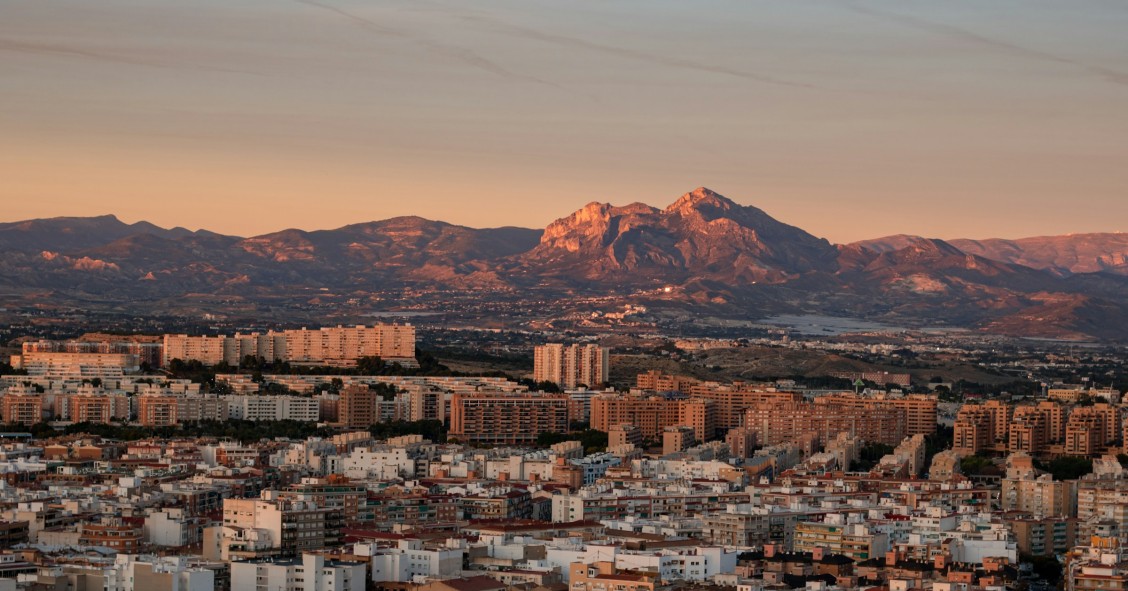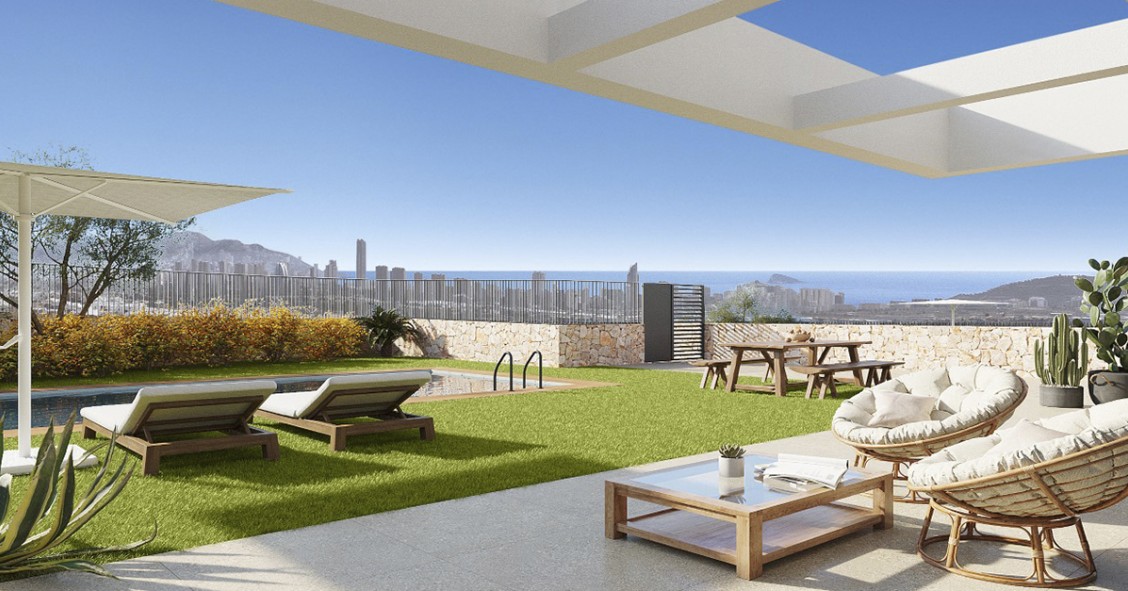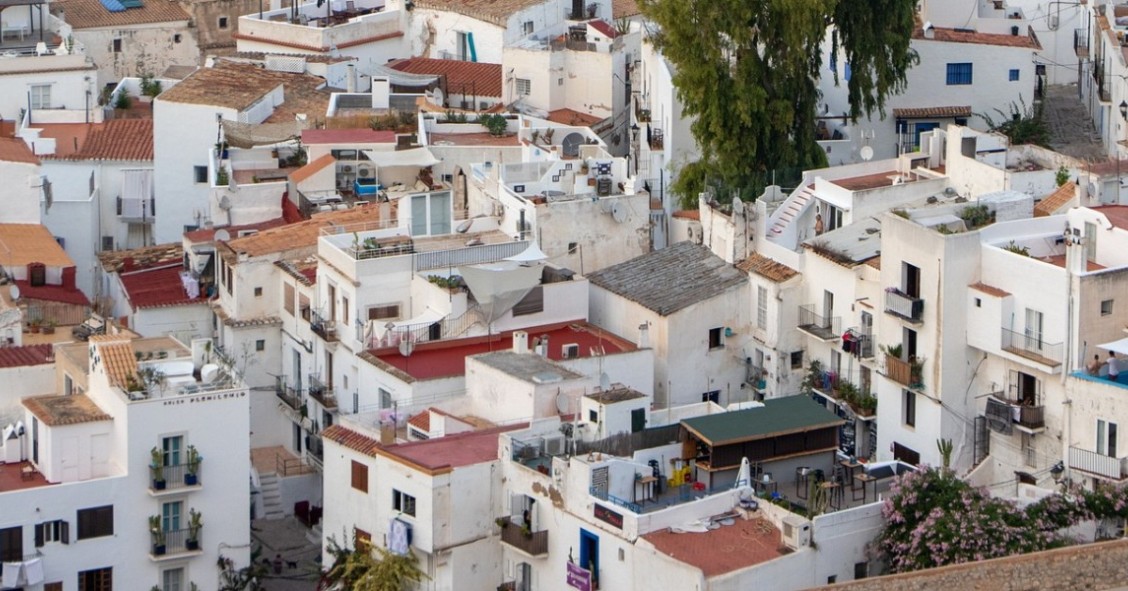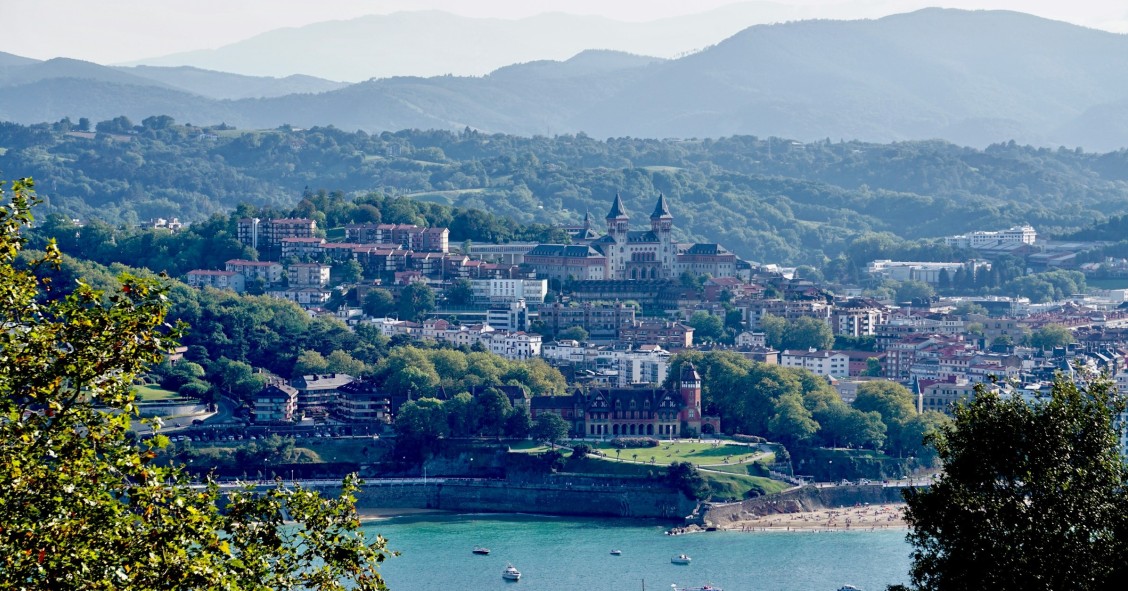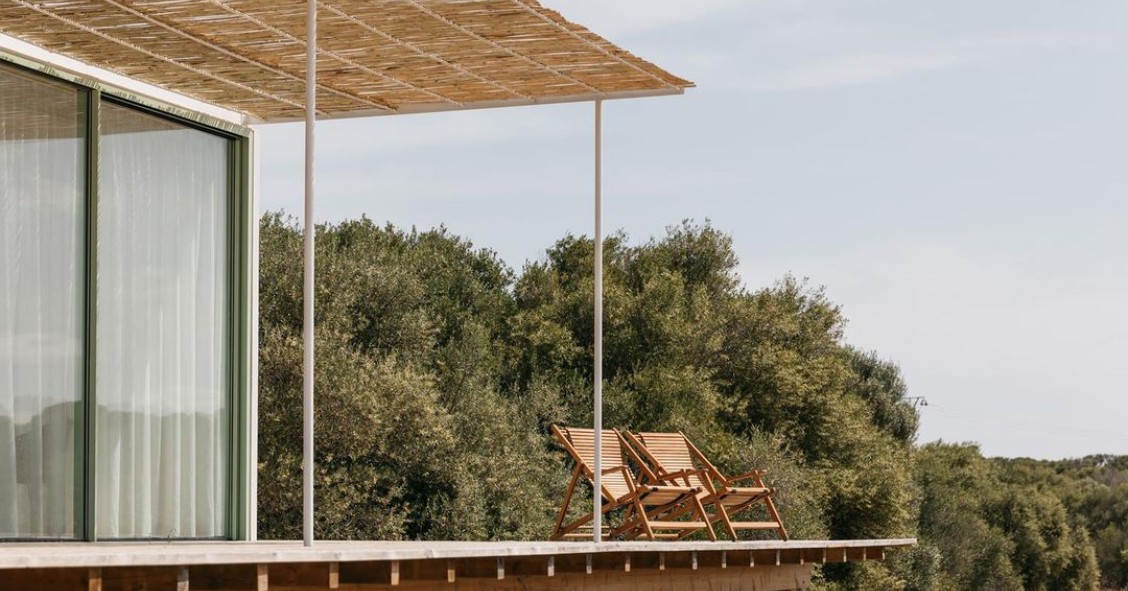
“We need to attract foreign capital; domestic funds alone won’t meet current demand,” said Q Living CEO Rosa Gallego at a conference on the housing crisis organised by the Madrid Association of Economists.
Gallego stressed the importance of offering “attractive investment opportunities” and “returns that match the risk.” However, she argued that Spain falls short: “Taxation heavily impacts our business model; it’s five times higher than in the rest of Europe. Foreign investors are stunned by Spain’s tax system and our approach to squatters.”
Translated into percentages, the expert believes that 30% of both the price of a home for sale and a monthly rent corresponds to taxes. "Just by slightly reducing this percentage, we will be able to improve housing affordability and, in turn, reduce the risk of default."
On the issue of housing affordability, Q Living CEO Rosa Gallego emphasised the challenges within the construction process – not just rising costs, but legal uncertainty: “There’s too much discretion throughout the process, from licencing to contract approvals. The more uncertain the framework, the higher the return investors demand. With greater legal clarity, we could lower return expectations and improve affordability.”
She added: “When you factor in land prices, construction, energy regulations, taxes and financing, raising rents or sale prices becomes inevitable. Developers are struggling to balance the affordability equation.”
Spain, second to last in Europe in terms of housing supply
Carolina Roca, president of the Madrid Association of Real Estate Developers (Asprima), highlighted the slowdown in construction: “We have underproduced housing for 15 years. Spain once led in housing supply thanks to developers’ capacity, but now we rank second to last.”
She stressed social housing’s key role: “We’ve built over 3.2 million social housing units versus 350,000 public ones. It’s vital to distinguish them, as social housing has helped build the country’s middle class.”
Paloma Martín, head of Housing for the Popular Party, added: “Homeownership is the savings bank for Spanish families. We must promote free housing; focusing solely on public rental housing is doomed to fail.”

She also announced several measures to improve the current situation: evicting squatters within 24 hours, reducing VAT on renovations to 4%, increasing ICO loans for property development, offering a 20% personal income tax deduction for two years to owners renting out vacant homes, and granting a 48-month exemption for Autonomous Communities to approve strategic residential projects.
Finally, the Popular Party member criticised that 67% of the Ministry of Housing and Urban Agenda’s (MIVAU) 2024 budget went unspent, with €2.808 billion unused in housing construction last year.


